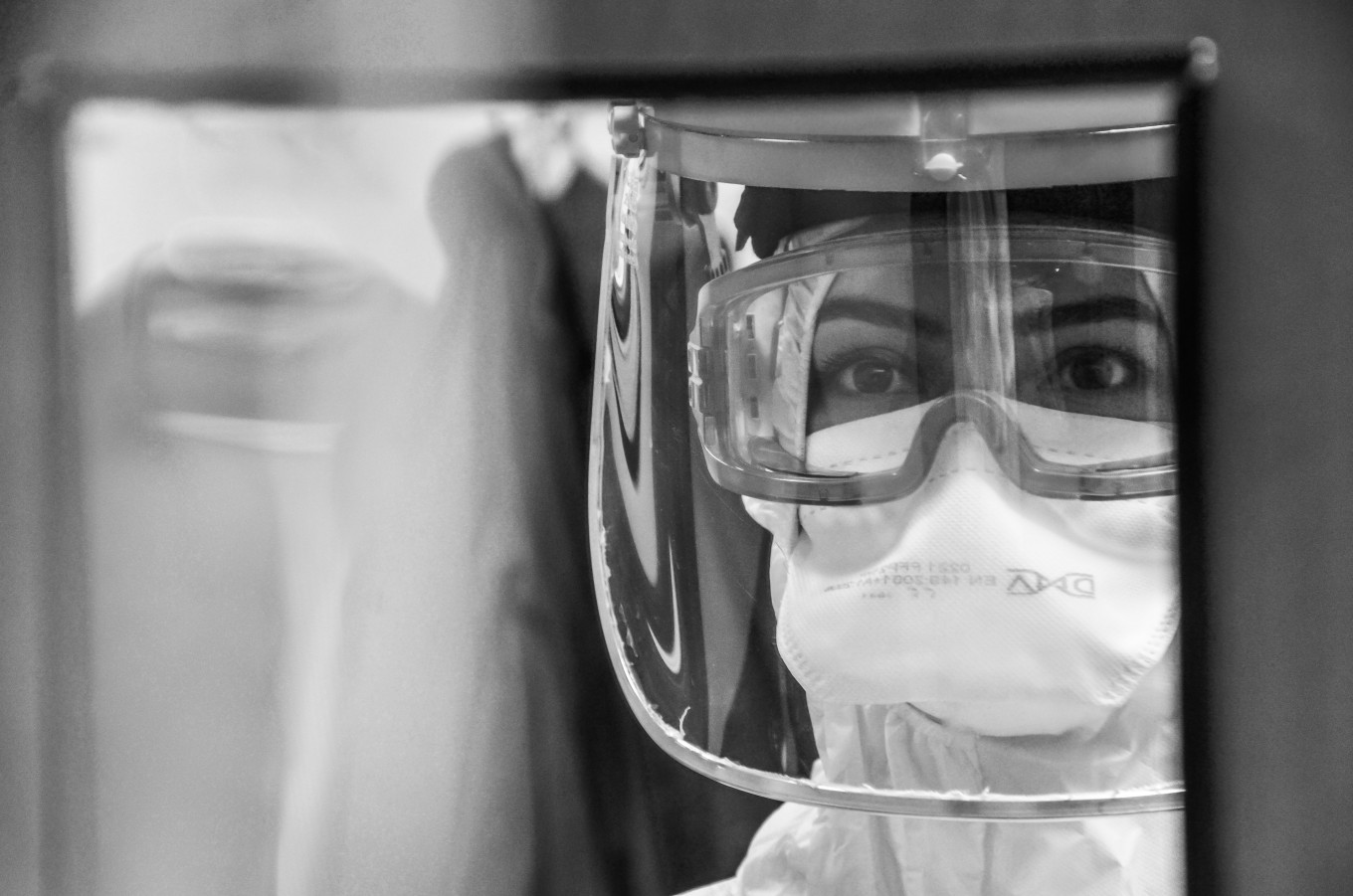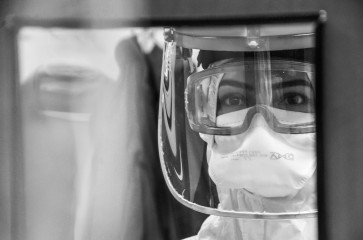Popular Reads
Top Results
Can't find what you're looking for?
View all search resultsPopular Reads
Top Results
Can't find what you're looking for?
View all search resultsEssential workers in Australia allowed to work after being exposed to COVID-19
Change text size
Gift Premium Articles
to Anyone
D
ue to a staff shortage, many frontliners in Australia still have to work even if they have asymptomatic COVID-19 or have been in close contact with someone who contracted the virus. Indonesian health workers there share their stories.
Since the Omicron variant reached Australia, the number of COVID-19 cases has risen dramatically in the country, with as many as 2,000 times more cases recorded compared to previously. The situation has resulted in a shortage of staff in businesses across several industries, including essential workers in the education and health sectors. As a response, a number of states such as Victoria, New South Wales and Queensland are allowing people who have asymptomatic COVID-19 or have been in close contact with someone who has the virus, to continue working.
Indonesians who are currently working as frontliners in the country share their experience and worries.
Exhausted
Adrienne Novira is a teacher from Jakarta who currently works as a kindergarten teacher in Geelong, Victoria. She shared that she had to return to work only a week after contracting COVID-19.
“I have to go to work after a week of isolation, no matter what my test result is. Two days after I got my positive test result, my co-worker also became infected with the virus. She has asthma and shared that her symptoms were quite severe. I felt very guilty,” Adrienne shared.




















